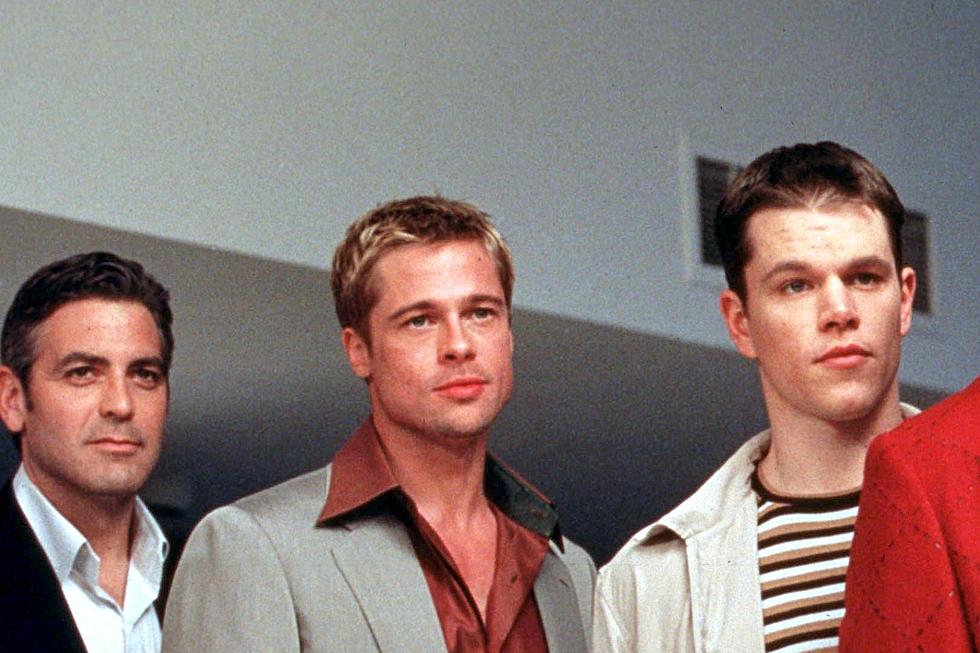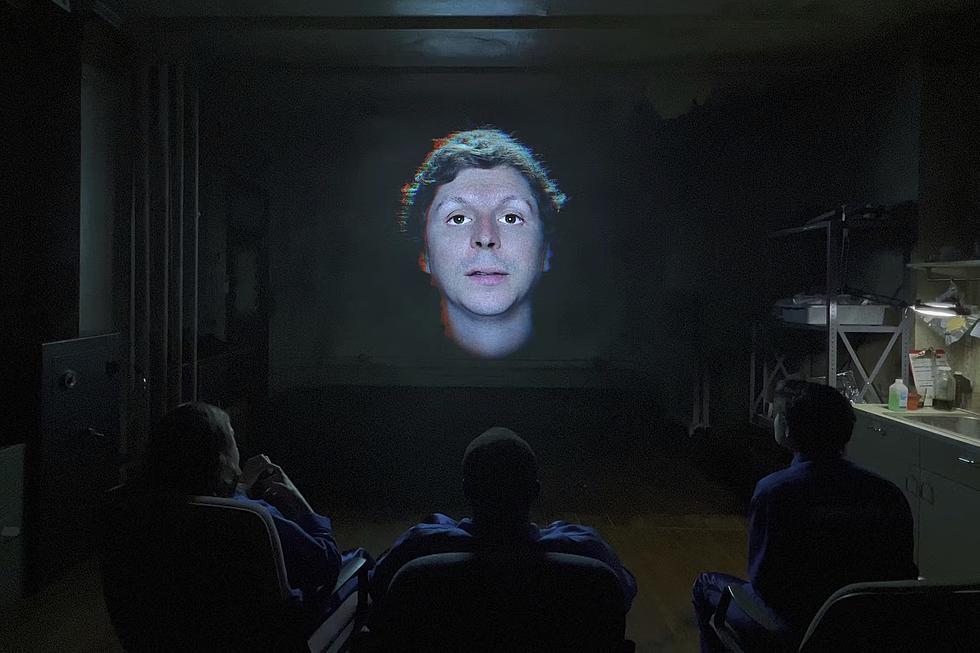
Reel Women: ‘Magic Mike’
There's a lot of commotion about Steven Soderbergh's latest film, 'Magic Mike,' a film based, in part, on star Channing Tatum's early days as a stripper. It's the movie of the moment, but is it breezy, sexy fun, or a film that highlights a grim double-standard?
'Magic Mike's' greatest trick may be convincing women they can express desire in public as loudly, and as rudely, as any man. Is this a victory for feminism?
During a press and promotional screening of 'Magic Mike' this week there were women squealing, giggling, shrieking, and cheering every time a naked butt popped up on screen -- their behavior mirroring what you might expect in a male strip club. But this wasn't a male strip club, this was the movie theater. We don't find it appropriate when men hoot and holler at the screen every time an actress takes her clothes off, so why should this be any different?
The main difference is that when women are typically pandered to in film, it's with cheesy romantic comedies or period dramas or movies about sisterhood and friendship and blah blah blah. These are "chick flicks" (a loathsome, immature term that's better suited for behind-closed-doors studio talks than honest film criticism), and we have fewer choices every year -- that is, if you unfortunately fall into this studio trap and believe that the only movies you should or could want to see involve these exhausted tropes.
'Magic Mike' is something a little different because it panders directly to the carnal instincts of women (and gay men) with its glistening abs and half naked, oily men. But, much like a trip to your average male strip club -- or, rather, male strip club catering to women -- the film isn't overtly sexual. It all reads as kind of silly -- the costumes, the gimmicks, the gyrating -- and ultimately it's more fun than sexy, though plenty of male strip clubs are just as sleazy as any other similar establishment.
When we think of female strip clubs there's something more unseemly about the whole affair -- the men cat-calling and desperately leering at the women. In part, that's because we, as a society, view men as more primitive in nature, and we've created a culture in which their vocalization of attraction is instantly seen as lecherous.
The strip club environment is conducive to the vocalization of primal urges. In an environment with female strippers, men enjoy the anonymous power they have over the women -- power they are unable or unwilling to exercise in any other scenario. But in a male strip club, the thrill seems to come from women watching their friends hold that same power over anonymous men.
In a movie theater, no one should act so rowdy about nudity on screen -- man or woman. Again, the excessive reactions from female audience members could be a reaction to the lack of commercial films that seek to cater to women's sexuality, something a more well-read cinephile may understand, but your average movie-goer will not. They want a good time, they see a trailer for 'Magic Mike,' a stripper film starring that sexy Channing Tatum fellow taking his clothes off, and they want in.
The best you can hope for is that they come away from the film having experienced something much more fulfilling. It's a definite bait-and-switch from Soderbergh (much like 'The Girlfriend Experience'), in which we enter a glittery, oily world of strippers, but we exit from a resonant film about blue collar struggles, compromise, the harsh reality of dollars and cents. A film about what it means -- and costs -- to pursue happiness and your own idea of the American dream. Yes, all of that from a stripper movie.
But what about all this leering and ogling, again? We all love to look at people we find beautiful, and though beauty is subjective, Hollywood just happens to have the highest incidence of people whom we universally agree are beautiful. We all want to see beautiful people take their clothes off -- there's nothing wrong with this. We've watched women disrobe -- in situations both exploitative and not -- on film for decades. When a man typically takes his clothes off it's for a quick peek at his butt in the shower to show a moment of vulnerability, or a comedic beat, or maybe just to even things out a little during a steamy sex scene. Men don't take their clothes off in films explicitly for women, though.
But when a woman takes her clothes off in a movie it is (almost) always for sexual reasons, and whether that's expressly stated within the context of the film, the point is always to please the audience visually. It's consensual and these women are beautiful -- but if a man were to whistle and applaud the screen every time an actress removed her top, we'd think him to be an ignorant, crass jerk.
There's no sexism at play with the women who appreciate the naked men in 'Magic Mike,' not any more so than the way we appreciate any number of nude actresses in other films. It's a film about male strippers, and it's luring in women who are attracted to the absurd, faux-steaminess of the whole thing, and instead of marketing to them with cosmetics, maudlin romance, and female-centric plotlines and jokes, it's marketing to women with straight-up sex. It's about damn time.
The bottom line is this: What's the big deal? It's okay to look at beautiful naked people -- regardless of your gender -- as long as you don't allow that innocent voyeurism to give way to lechery. A person should be respected despite their gender and the amount of clothing they're wearing, whether they're on screen or off.
We don't need a single film about the difference between male and female desire and male and female conduct; we need tens, dozens, hundreds of them. We should illuminate the dichotomy and educate ourselves to narrow the divide without failing to embrace our differences.
More From ScreenCrush









